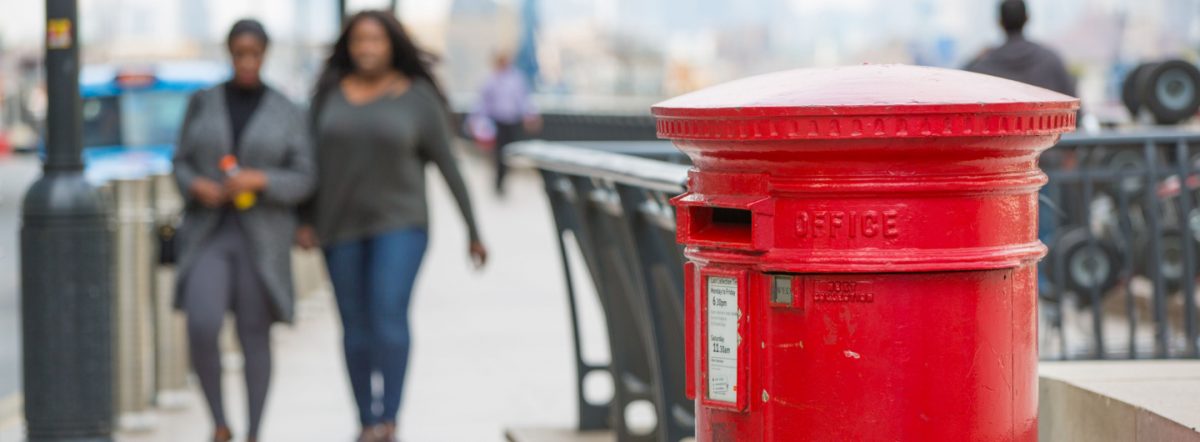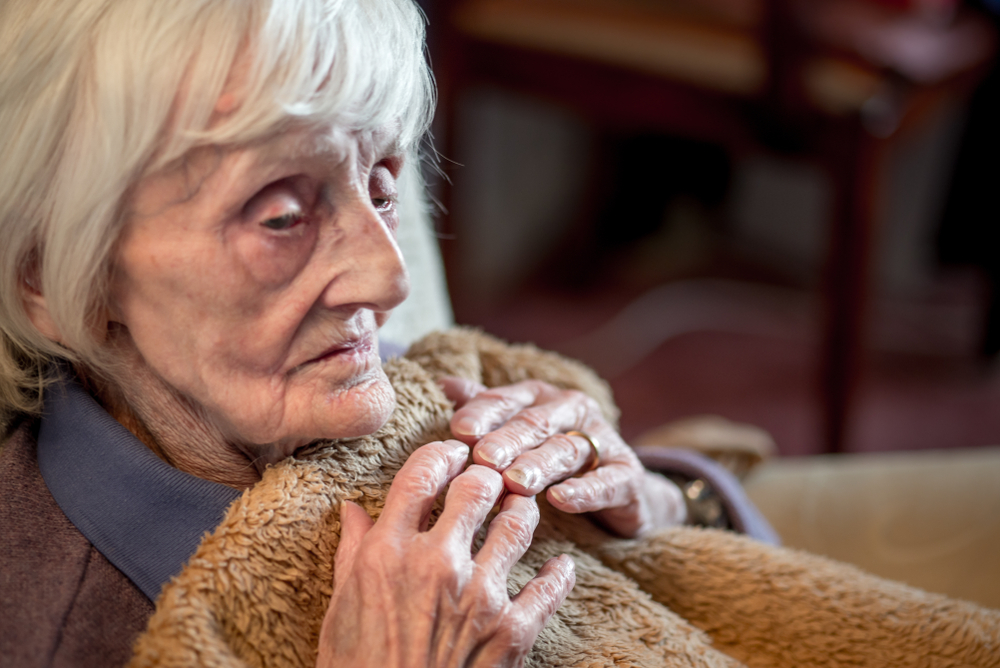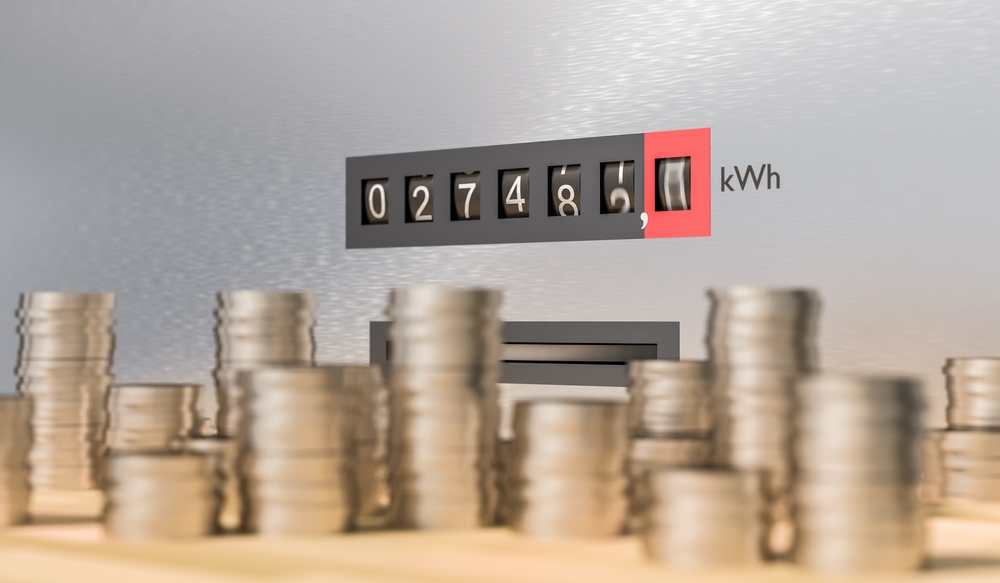Following the new Energy Secretary’s first appearance in front of MPs, ministers have been warned of a perilous winter ahead.
A letter sent by the End Fuel Poverty Coalition to the new Secretary of State comes after the group warned MPs that almost 5,000 excess winter deaths were caused by people living in cold damp homes in the relatively mild winter of 2022/23.
The letter states that “the situation is perilous, the outlook deeply worrying and the need for support with energy bills is increasingly urgent.”
After the new Secretary of State failed to attend the House of Commons Energy Committee last week, her first major intervention since taking office was an article in the Sun which also failed to acknowledge the challenge faced by families this winter.
And while Rt Hon Claire Coutinho MP answered questions in the House of Commons chamber on long term energy issues, she was silent on the need for help for families this winter.
But alongside longer-term reforms to Britain’s broken energy system, the Government has been urged by campaigners to launch a new “Help to Repay” to tackle energy debt this winter, to reform the Energy Bills Support Scheme (EBSS) Alternative Fund, to move policy costs from energy bills onto general government spending and to bring in a new Extreme Weather Payment.
To bring bills down for the most in need, a new energy cost support scheme (ECSS) has been proposed via the reduction of unit costs and standing charges under the existing Energy Price Guarantee legislation.
Local authorities could also be supported by investing the underspend in the Energy Bills Support Scheme into Household Support Funds and further work to reform the Private Rented Sector to ensure higher and more enforceable Minimum Energy Efficiency Standards.
A spokesperson for the End Fuel Poverty Coalition which is part of the Warm This Winter Campaign, commented:
“The Government appears to have abandoned plans to consult on reform of energy tariffs which could help protect the most vulnerable from the worst excesses of the energy market. This means they must bring in support to help people trapped in energy debt now and introduce an emergency tariff for vulnerable households this winter. We believe this is more than possible using existing legislation.”
Tessa Khan, director of Uplift, commented:
“While the minister is obsessed with nuclear fusion, oil and gas, the Government is ignoring the plight of millions of people facing a winter in cold damp homes. What the Secretary of State should be focussed on is helping people to insulate their homes, unblocking cheaper onshore renewables and bringing down our energy bills.”
ENDS
The full letter is available to read online (pdf) and is below. It was sent on 8 September 2023.
On behalf of the End Fuel Poverty Coalition, congratulations on your appointment as Secretary of State for Energy Security and Net Zero.
We appreciate that you will be incredibly busy with the volume of vital decisions that are in your in-tray. And we know from recent polling that policies to reduce energy bills are seen by voters as the best way to tackle the cost of living crisis.
It is vitally important that the right decisions are made to reform Britain’s broken energy system. As we explained in evidence to the House of Commons Energy Security Committee this week, the situation is perilous, the outlook deeply worrying and the need for support with energy bills is increasingly urgent.
We were disappointed that the previous Secretary of State abandoned plans to consult on reform of energy tariffs which could help protect the most vulnerable from the worst excesses of the energy market in the long term. We hope you will recommit the Government to this vital consultation on a social tariff – and introduce reforms before the Energy Price Guarantee protections end in Spring 2024. You can read our letter to the Speaker of the House of Commons online [pdf link].
As an immediate priority, the Government must commit to providing a targeted package of support to help the most vulnerable stay warm this winter:
- Introduce the widely supported “Help to Repay” proposals to tackle energy debt
- Move policy costs from energy bills to be covered by general government spending
- Support local authorities by investing the underspend in the Energy Bills Support Scheme into Household Support Funds
- Reform and re-run the Energy Bills Support Scheme (EBSS) Alternative Fund
- Deliver a new Extreme Weather Payment of £6.50 per day for every day the Met Office declares the temperature will drop below -4 degrees Celsius (with the potential for a similar equivalent for summer months also investigated)
- Ensure that all households who received the Warm Homes Discount in winter 2021/22 can access a £150 rebate this winter, regardless of the new process introduced in winter 2022/23 which uses an algorithm to decide who benefits.
- Provide a new energy cost support scheme (ECSS) for households most in need of support applied directly to energy accounts (for example via the reduction of unit costs and standing charges, which can be done using existing Energy Price Guarantee mechanisms).
- Ban the forced transfer of homes to prepayment meters and end the Government’s dereliction of duty on this issue.
- Work with housing ministers to reform the Private Rented Sector to ensure higher and more enforceable Minimum Energy Efficiency Standards
At the moment, many of the other vital reforms needed to reduce energy bills are seen as longer term, but the reality is that decisions need to be taken now to:
- Speed up reforms to ensure customers start enjoying the advantages of more affordable renewable electricity options, and that their electricity rates are no longer subject to the unpredictable cost fluctuations of fossil fuels.
- Turn the current crisis into an opportunity to engage households in a large-scale retrofitting programme, investing in an emergency roll out of cheap energy saving measures that could permanently cut energy bills by hundreds of pounds.
- Address UK energy security and independence by quickly weaning the UK off its dependence on oil and gas and ending subsidies for fossil fuels, using the money to support a fair transition, invest in immediate support for vulnerable households and long term measures to reduce the cost of energy and make the UK supply more secure.
- Ensure Ofgem works with energy firms to improve standards of customer service at energy firms, holding them accountable for contact ease, success and empathy. This means customers can get in touch with their energy supplier to resolve issues easily, that problems are solved in one contact and that customers are treated with respect and understanding throughout all forms of communication from the energy firm.
We look forward to working with you in your role and if you would like to discuss any of the issues we have raised, please do not hesitate to contact us via our coordinator.
Yours sincerely,
The End Fuel Poverty Coalition






